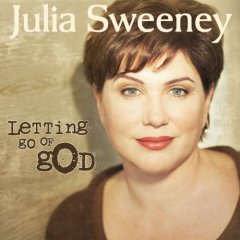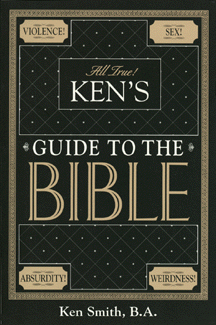Recommended books
From FreeThoughtPedia
Recommended Books and other Freethought Materials
- The End of Faith by Sam Harris
- The God Delusion by Richard Dawkins
- It begins on the morning of her seventh birthday, when Julia learns from her Catholic parents that she has reached the age of reason, capable of being judged by God. That morning she also learns another great truth, equally devastating. This sets the stage for Sweeney's freewheeling, humorous, insightful, conversational examination of her own faith.
- This book is considered somewhat inflammatory by theists as the author takes an almost humorous tone in going over scripture. However it's an excellent synopsis of each book of the Bible as well as its overall history and authorship. Very readable and concise - highly recommended for anyone looking for an succinct overview of the Bible. Ken exposes the Bible as a collection of stories, many of which have nothing to do with one another, none of which can be verified independently and all of which have been translated and changed to suit the translator's version of events, many times over the centuries.
- This book is written by the now co-president of the Freedom From Religion Foundation, Dan Barker, one of the pioneers in the field of freethought, long before Dawkins and Harris came to the spotlight. Dan is a former fundamentalist preacher turned atheist and this book chronicles his transformation and also includes tons of insightful essays on religion.
- Breaking the Spell by Daniel Dennett
- In his characteristically provocative fashion, Dennett, author of Darwin's Dangerous Idea and director of the Center for Cognitive Studies at Tufts University, calls for a scientific, rational examination of religion that will lead us to understand what purpose religion serves in our culture. Much like E.O. Wilson (In Search of Nature), Robert Wright (The Moral Animal), and Richard Dawkins (The Selfish Gene), Dennett explores religion as a cultural phenomenon governed by the processes of evolution and natural selection. Religion survives because it has some kind of beneficial role in human life, yet Dennett argues that it has also played a maleficent role. He elegantly pleads for religions to engage in empirical self-examination to protect future generations from the ignorance so often fostered by religion hiding behind doctrinal smoke screens.
- The Dark Side of Christian History by Hellen Ellerbe
- A critical overview of nearly 2000 years of Christian history, Ellerbe sheds light on the ugly skeletons that "feel good" Christendom would like the rest of us to ignore or downplay. Ellerbe opens by saying that the Christian legacy "fosters sexism, racism, the intolerance of difference, and the desecration of the natural environment" and goes on to intelligently justify her position. Each chapter is an essay on a different time in Christianity, how it evolved, and its affects on Western (and other) civilizations. A consistent history is shown from the early days of Roman Christiandom to current attitudes that is informative and unsettling. Quite simply, current problems and attitudes today can be traced back hundreds, or even thousands of years, and the history of the Church is not as simple as some make it sound.
This site costs a lot of money in bandwidth and resources. We are glad to bring it to you free, but would you consider helping support our site by making a donation? Any amount would go a long way towards helping us continue to provide this useful service to the community.
Click on the Paypal button below to donate. Your support is most appreciated! |
|---|





